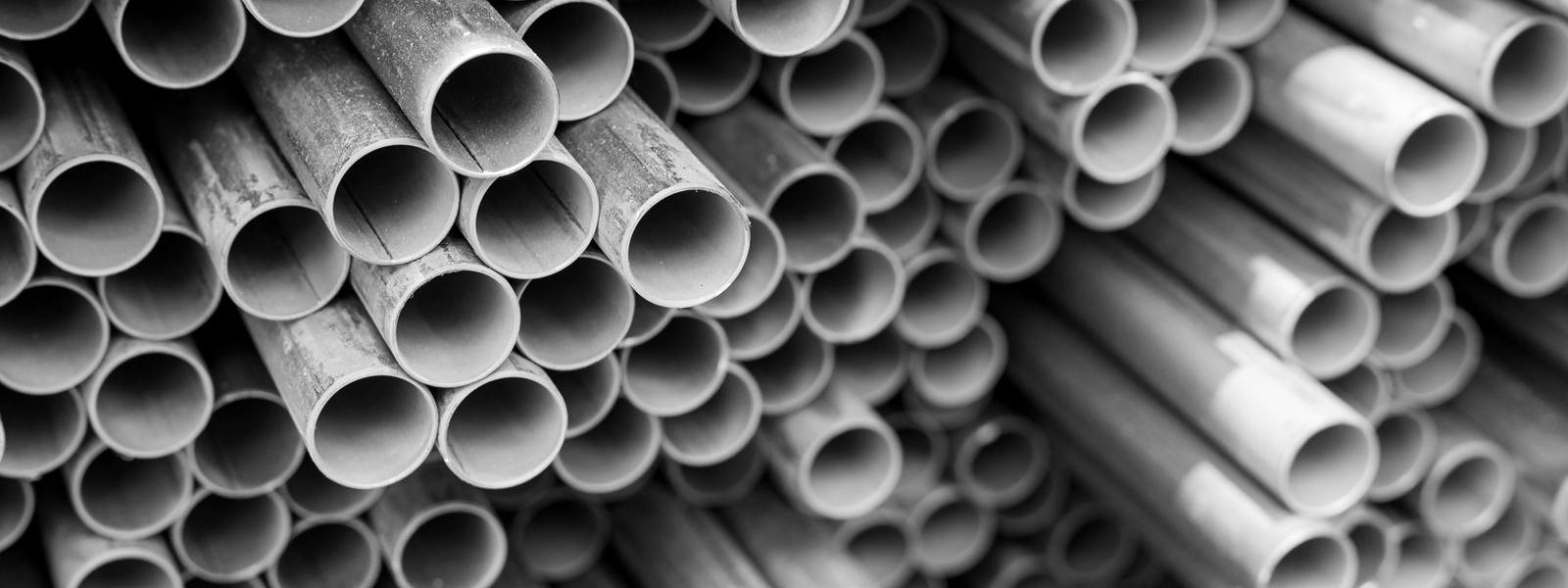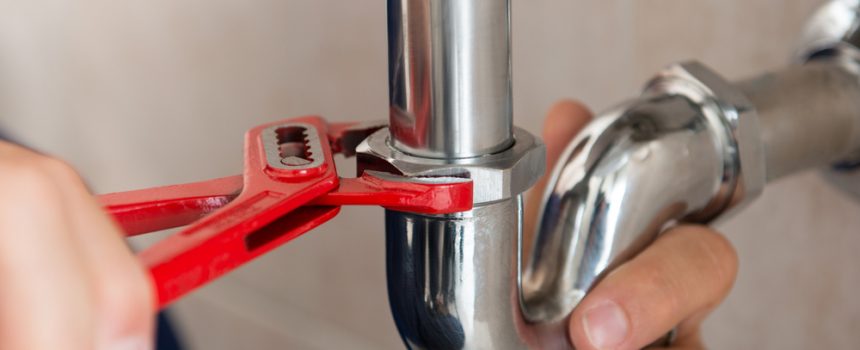One common plumbing problem many homeowners experience is water hammer. It can cause some serious problems if left unaddressed, so here is a little info about what water hammer is, what it does to your pipes, and how it can be fixed.
What Is Water Hammer
Water hammer is a condition in which water rushing through pipes at high velocity suddenly stops or shifts directions. The result is a shockwave that literally causes a banging or hammering sound in your water pipes.
What Causes Water Hammer
There can be several causes of water hammer in different situations, but generally, the condition is caused when water flows through your pipes at high speed, and when the water flow is shut off, that water suddenly stops and causes the shockwave.
Many home plumbing systems have short lengths of pipe called “risers,” which are capped at one end and installed vertically. These risers are filled with a cushion of air to act as shock absorbers to prevent water hammer.
Also, new homes are often designed with larger-diameter pipes to reduce water pressure and slow down the water velocity, thereby reducing water hammer.
While the risers are an effective fix, water hammer can still occur when these air-filled risers become blocked and fill up with water, debris, and mineral deposits. It’s similar to the way arteries in the body become clogged with cholesterol over the years.
If your house is showing signs of water hammer, you should address the issue immediately before the problem causes permanent damage.
How Does Water Hammer Damage Your Plumbing
Water hammer causes shockwaves that travel through your pipes and cause pressure in excess of 1,000 psi. That is a lot of force, and over time it can cause valves and water pipes to fail or burst, causing major damage inside the walls of your home. This should be avoided at all costs, as the cleanup and repair costs can be astronomical.
How Can You Fix Water Hammer
If you’re on a tight budget and want to try some low-cost options before searching for Pittsburgh plumbing services, there are some options you can try yourself to see if the problem can be fixed without professional assistance.
Water hammer arresters are small fixtures that can be installed near valves. They take the place of risers by accomplishing the same thing: they act as shock absorbers. You can also try installing low-flow water fixtures, such as water-saving WaterSense showerheads and faucets. These reduce the speed of water flowing through your pipes so that when the faucets are shut off and water flow stops, the pressure is low enough to reduce the chances of a shockwave being produced.
Another possibility is to install a pressure regulator on your mainline and set it to 40 psi. This limits the water flowing into your home at the source and will reduce water velocity throughout the entire system. You may need to call in a plumber on this one, but keep in mind that it won’t be appropriate for all homes, as reducing water pressure too much can result in a trickle of water flow in some fixtures when multiple water outlets are in use simultaneously (e.g. running an upstairs faucet while the clothes washing machine downstairs is also filling with water).
Hopefully one of these options will remedy the issue. But if these DIY plumbing repairs haven’t resolved your water hammer problem – or if these are simply beyond your ability to perform yourself – then it’s time to call in Mister Sewer. The professional plumbers at Mister Sewer are ready to help with all of your plumbing needs. Schedule your appointment today.


